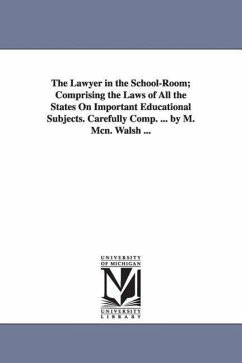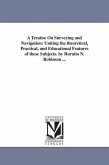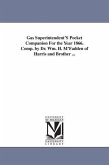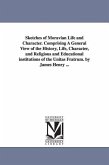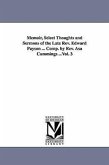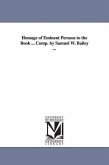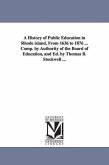This historic book may have numerous typos and missing text. Purchasers can download a free scanned copy of the original book (without typos) from the publisher. Not indexed. Not illustrated. 1867. Excerpt: ... CHAPTER V. CORPORAL PUNISHMENT--TEACHER AND PUPIL. Sec. 1. A school-master is liable criminally if, in inflicting punishment upon his pupil, he goes beyond the limit of reasonable castigation, and, either in the mode or degree of correction, is guilty of any unreasonable or disproportionate violence or force; and whether the punishment was excessive under the circumstances of any case, is a question for the jury. (Commonwealth v. Randall, 4 Gray, 36; 3 Greenl. on Ev. sec. 63.) He is also liable to be dismissed for cruelty. Teachers are not often barbarous, yet it may not be improper to state here that the law is a strong power to protect the weak from injustice, and to take from the strong a full equivalent for the wrongs which they may commit. When the Hon. John A. Dix was Superintendent of Schools for the State of New-York, he gave the following as his opinion: The practice of inflicting corporal punishment upon scholars, in any case whatever, has no sanction but usage. The teacher is responsible for maintaining good order, and he must be the judge of the degree and nature of the punishment required when his authority is set at defiance. At the same time he is liable to the party injured for any abuse of a prerogative which is wholly derived from custom. (Supt. Common Schools Decisions, 102.) Many very well-informed and well-meaning people are, in these latter days, beginning to doubt whether corporal punishment is under any circumstances advisable or excusable. The Supreme Court of Indiana expresses itself on this subject as follows: The law still tolerates corporal punishment in the school-room. The authorities are all that way, and the legislature has not thought proper to interfere. The public seems to cling to a despotism in the government of schoo...
Hinweis: Dieser Artikel kann nur an eine deutsche Lieferadresse ausgeliefert werden.
Hinweis: Dieser Artikel kann nur an eine deutsche Lieferadresse ausgeliefert werden.

